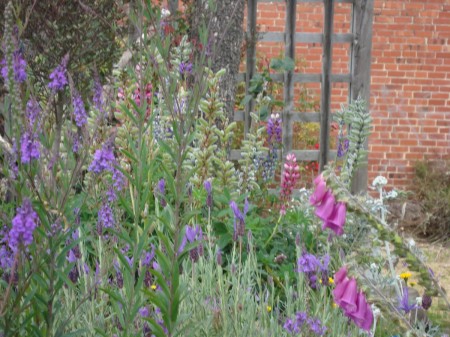Toxic Chemicals Poisoning Our Bees
On Tuesday, when we were still experiencing good weather in Dunedin before the storm, I came across dozens of bumble bees who were disoriented and dying all over the road and footpath down at Kaikorai Valley. The location was the Taieri-Nairn street intersection.
These poor bees were severly incapacitated and could neither walk nor fly. It was obvious that they had been poisoned with either herbicide or pesticide.
The Kaikorai Reserve, which has the Taieri Stream running through it, is in the vicinity of this bee massacre. The Taieri Stream actually has been piped underground at this location.
It is probable that council contractors had been spraying toxic chemicals that day, perhaps around the Kaikorai Reserve. If not that, then it could have been contractors who were working at the Mosgiel end of the Kaikorai Valley – I had seen a dozen or so workers culling out weeds along the roadside as I came back on the bus from Mosgiel that day. They were probably poisoning weeds as they went along the bank bordering the main road.
As the crow flies, where the contractors were culling weeks was only a few kilometres away from where I saw all these bees dying.
People need to be reminded of just how damaging using toxic chemicals in our environment really is. We need all the bees and bumble bees that we can get. Without bees and other pollinating insects, then we would all starve to death.
Bees are extremely sensitive to herbicides and insecticides. If they survive the flight back to their hive or nest after coming into contact with poison, then they carry the poison home, which will contaminate the hive and kill other bees which might have otherwise escaped the spray. This is a major factor in bee colony collapse disorder, where whole hives die. If they do not die from the poison spray being brought home to the hive, then their immune systems become so weakened by the spray that they fall prey to viruses and mites which can potentially destroy the hive.
Councils should prohibit all use of toxic chemicals by their contractors, and insist on the use of manual labour and organic methods, instead of such things which damage the environment and the creatures which inhabit it.
When I came down the valley the following day, many more bees had arrived onto the road and pavement, all looking very sick and partially paralysed. There must have been hundreds of bees who died in this incident – how many more bees, which we could not see, lay prostrate on the ground over the entire area, I wondered.
Councils would do well to begin educational programmes on how to protect our environment.
Agricultural chemicals poison our water, poison the plants which we eat, and kill off insects and birds. Toxic herbicides and insectides also give us cancers and other diseases, especially those which affect the nervous system, such as parkinsons and multiple sclerosis.
Common old RoundUp, which contains glyphosate, is widely used all over our parks, streets and farmlands. This has been cited as a cancer causing chemical which has been banned in some parts of Europe.


